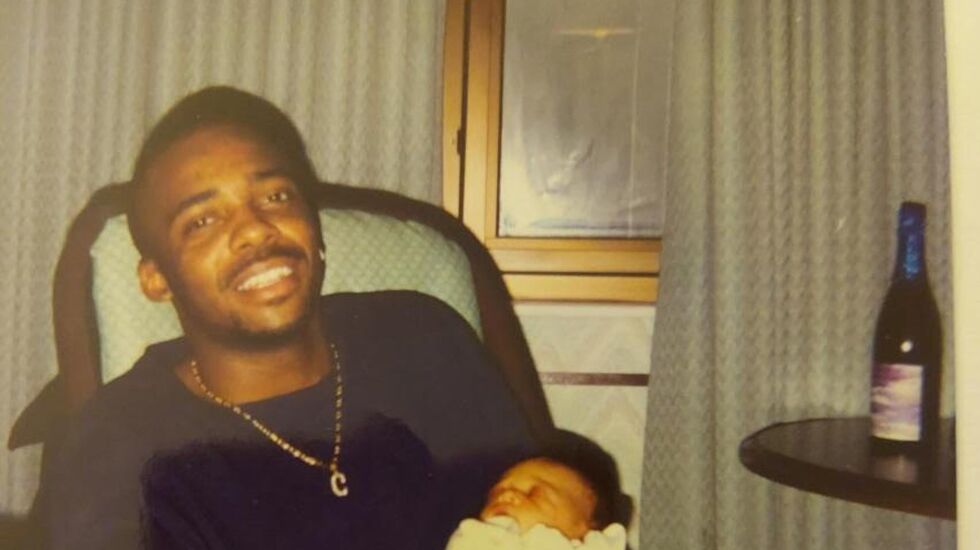
We’re certainly no strangers to wrongful convictions and exonerations here in Illinois, where dozens of men and women have wasted away in prison due to myriad factors that have marred our criminal justice system for far too long.
Because we’ve seen this movie over and over and over again, we’re sensitive to such matters — even those out of our jurisdiction — that cry out for a second look.
Take the case of Cleveland “Christopher” Bynum in neighboring Indiana, who is serving a 300-year sentence for gunning down a man and four women more than two decades ago.
Another man who also went by “Chris,” Gerald Mathews, confessed in a video that was released after his deadly shooting in 2014 that he was the actual killer, according to a recent story by the Sun-Times’ Frank Main.
The Indiana courts dismissed Mathews’ confession as lacking credibility. But even without taking that recording into account, there are plenty of other glaring red flags that raise questions about Bynum’s guilt and strongly support the argument that he deserves, at the very least, a new trial.
Bynum says he was forced into signing two statements by investigators who made menacing threats, wouldn’t let him go to the bathroom and deprived him of food and water.
Bynum, now 44, was never given a chance by his lawyer to take the stand to relay his interactions with these police officers, including a detective who was later accused of misconduct in a case where the murder charge was eventually dropped.
In addition, no physical evidence has linked Bynum to the 2000 slayings of the Gary residents, but DNA hits from the victims have matched at least two other people, his lawyers said.
Then there’s a witness who allegedly said another man and the apparent killer — not Bynum — turned up at her home covered in blood.
Just as damning is that one of the victim’s sons, in 2020, said that he doesn’t “remember saying half this s---” in a statement he gave to authorities when he was 12 years old, which helped implicate Bynum.
Allegations of police abuse, false confessions and witness misidentification are all key ingredients that point to a possible wrongful conviction.
There are too many innocent men and women who have been locked away. Bynum could be one of them. For justice to prevail, he should be granted another chance to state his case.
The Sun-Times welcomes letters to the editor and op-eds. See our guidelines.







